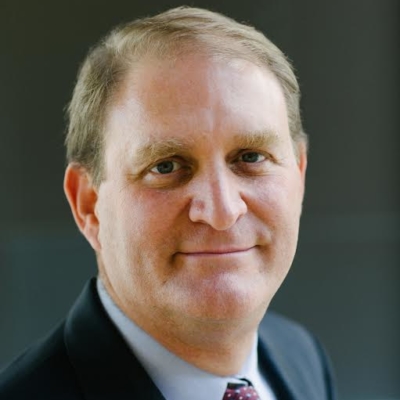The Politics of Delusion Have Taken Hold
Summary
Nathaniel Persily, a law professor at Stanford, wrote by email that “there are two schools of thought” concerning delusions and misperceptions in contemporary politics:
The first argues that factual mistakes are a significant engine of polarization and if we spend time correcting people’s misperceptions, it will have beneficial knock-on effects in reducing affective polarization.
He continued, “In lab settings or other controlled environments where experts can bombard subjects with accurate information, people can move toward the center and release themselves from some of their partisan misconceptions.”
Persily wrote, however, that his analysis falls into a second school of thought:
I do not think most of affective polarization is driven by a misunderstanding of facts. Indeed, I think many in this field make the mistake of thinking that the line to be policed is the line between truth and falsehood. Rather, I think the critical question is usually whether the truth is relevant or not.
In this context, according to Persily, “partisan polarization resembles religious polarization. Attempting to ‘disprove’ someone’s long-held religion will rarely do much to convince them that your god is the right one.”
Read More
